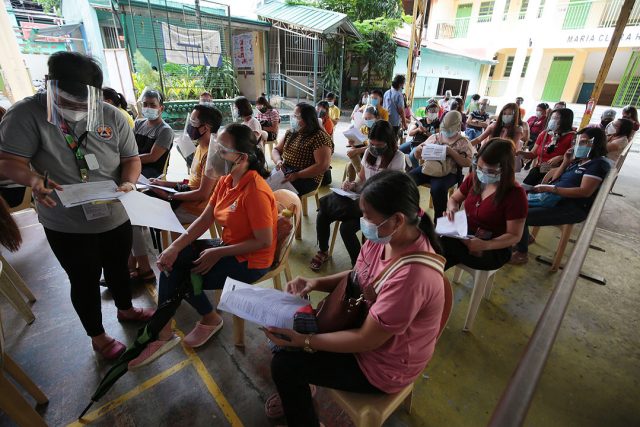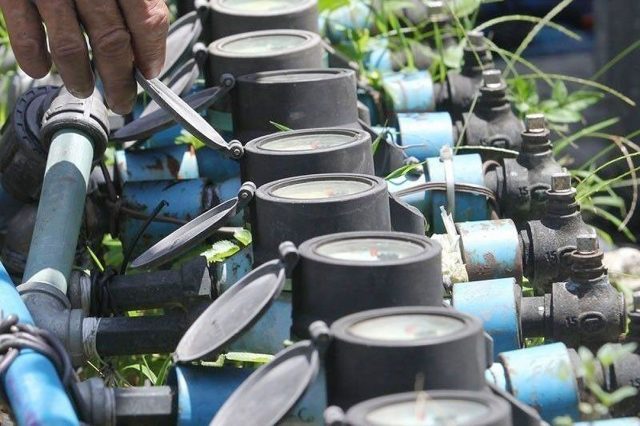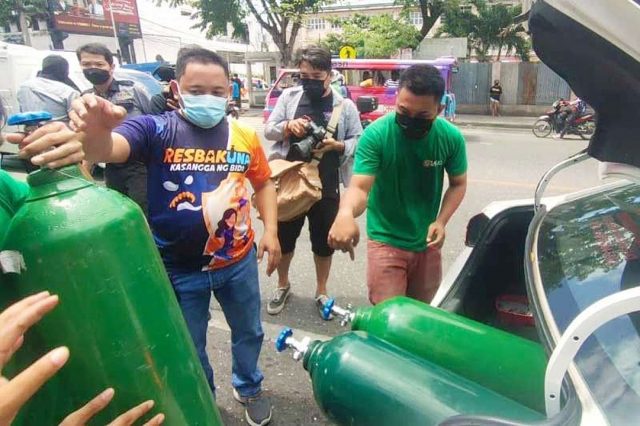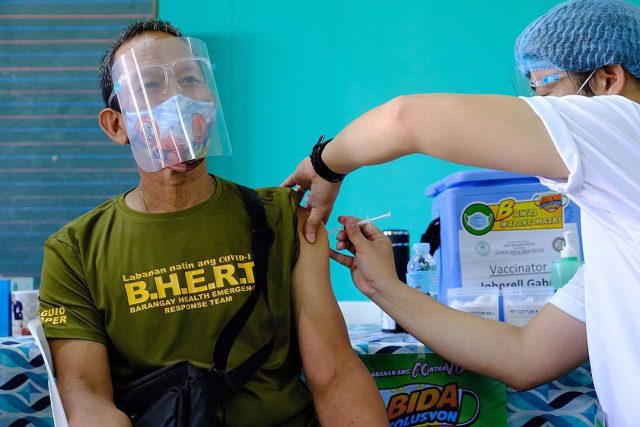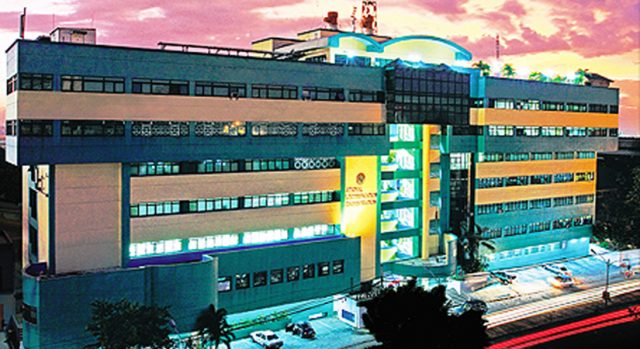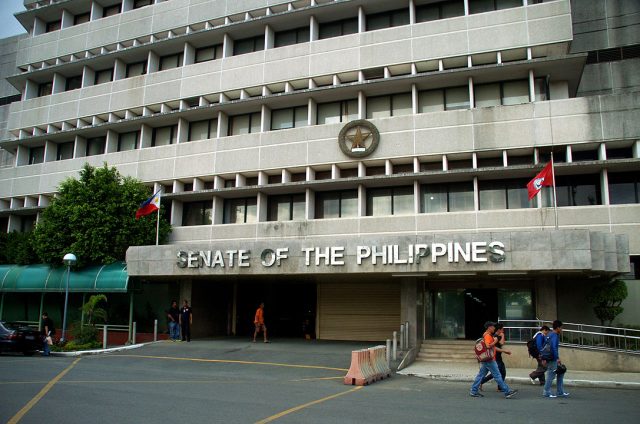WHO confirms Delta local transmissions in PHL
THE WORLD Health Organization (WHO) on Tuesday said the Delta variant of the coronavirus is now the dominant strain in the Philippines, as the country has been posting more than 10,000 infections daily with a record high of over 22,000 on Monday.
“With these numbers, we are in community transmission of the Delta variant,” WHO Representative to the Philippines Dr. Rabindra Abeyasinghe told a virtual news briefing.
“This situation is not entirely surprising,” he said. “What we are seeing in the Philippines is not unique. It is being seen in other countries.”
The Health department in a statement said 69% of 748 samples sequenced as of Aug. 27 were carriers of the highly contagious Delta variant.
“Delta variant cases showed steady increase and constituted a greater percentage in the recent sequencing runs compared to the Beta and Alpha variants,” it said.
The Department of Health (DoH) reported 13,827 coronavirus infections on Tuesday, bringing the total to 1.99 million. On Monday, the country posted its highest daily number of cases at 22,366.
Eight laboratories out of the 279 accredited facilities did not submit data on Aug. 29.
Health Undersecretary Maria Rosario S. Vergeire, in a separate news briefing, said coronavirus disease 2019 (COVID-19) cases in the country could peak in mid-September due to the Delta variant.
DELTA
The Delta variant was present in all 17 regions in the country, except for the Bangsamoro region, Ms. Vergeire said.
The Bangsamoro minister of health, however, earlier said the absence of a recorded Delta variant in the region may just be due to limited testing.
Most of the Delta cases were detected in the regions of Calabarzon, Central Luzon, and the National Capital Region, she added.
Ms. Vergeire said the percentage of samples that tested positive for the Delta variant rose to 56% in August from 6% in June.
“This coincides with the start of a steeper rise in the number of cases in July.”
Ms. Vergeire said the country had a daily average of 17,013 coronavirus cases from Aug. 24 to 30, 14% higher than 14,886 from Aug. 17 to 23. It is also 32% higher than the 12,818 from Aug. 10 to 16.
Ms. Vergeire said the national positivity rate increased to 26.3% from the 18.6% recorded in the first week of the month.
The Health official said the capital region Metro Manila, Calabarzon, Cagayan Valley, Cordillera, Central Luzon, Northern Mindanao, Ilocos Region, Central Visayas, Davao Region, Western Visayas, Soccsksargen, and Caraga were at high-risk classification COVID-19.
The country is still at a high-risk classification, she said, noting that the majority of regions in the country have moderate to high-risk healthcare use rate.
Active cases in Metro Manila decreased, Ms. Vergeire said. More than 51% of active cases in the country came from other provinces, she added.
Nationwide, the death toll rose on Tuesday to 33,448 after 118 more patients died, while recoveries increased by 16,759 to 1.81 million, the Health department said in a bulletin.
There were 145,562 active cases, 95.9% of which were mild, 1.4% were asymptomatic, 1.1% were severe, 0.99% were moderate and 0.6% were critical.
The agency said 172 duplicates were removed from the tally, 153 of which were recoveries. It added that 37 recoveries were reclassified as deaths.
Meanwhile, Mr. Abeyasinghe said there is not yet enough evidence to prove that the Delta variant can be transmitted through air.
“The evidence we have is that the Delta variant, although more transmissible, is still largely transmitted in aerosols,” he said. “It’s not an airborne transmission.”
TRAVEL BAN
In another development, Mr. Duterte approved late Tuesday the recommendation of an inter-agency task force to extend the travel ban on India, Pakistan, Bangladesh, Sri Lanka, Nepal, United Arab Emirates, Oman, Thailand, Malaysia and Indonesia until Sept. 5.
“These travel restrictions form part of the pro-active measures to slow down the rising number of COVID-19 cases, stop further spread of variants, and increase the country’s existing healthcare capacity,” Palace Spokesman Herminio L. Roque, Jr. said in a statement.— Kyle Aristophere T. Atienza

